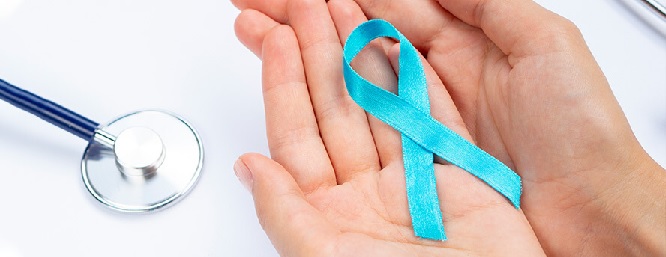
Be aware of how to help prevent cervical cancer
Each year in the United States, about 11,500 new cases of cervical cancer are diagnosed and about 4,000 women die of this cancer.
The most important steps a person can take to help prevent cervical cancer are to get vaccinated against HPV, have regular screening tests, and talk with your doctor if your screening test results are not normal, according to the Centers for Disease Control and Prevention (CDC).
The (HPV) Vaccine
The HPV vaccine protects against the most common types of HPV that cause cervical, vaginal, and vulvar cancers.
- HPV vaccination is recommended for preteens aged 11 to 12 years but can be given starting at age 9.
- HPV vaccine also is recommended for everyone through age 26 years, if they are not vaccinated already.
- HPV vaccination is not recommended for everyone older than age 26 years. However, some adults age 27 through 45 years who are not already vaccinated may decide to get the HPV vaccine after speaking with their doctor about their risk for new HPV infections and the possible benefits of vaccination.
HPV vaccination prevents new HPV infections but does not treat existing infections or diseases. This is why the HPV vaccine works best when given before any exposure to HPV. You should get screened for cervical cancer regularly, even if you received an HPV vaccine.
Screening Tests
Two screening tests can help find changes that could become precancer or cervical cancer—
- The Pap test (or Pap smear) looks for precancers, cell changes on the cervix that might become cervical cancer if they are not treated appropriately.
- The HPV test looks for the virus that can cause these cell changes.
Both tests can be done at one of Advantage Health Center’s clinics in Detroit or Warren.
More Steps to Help Prevent Cervical Cancer
These things may also help lower your risk for cervical cancer—
- If you’re 26 or younger, get an HPV vaccine if you haven’t been vaccinated already.
- Don’t smoke.
- Use condoms during sex.

